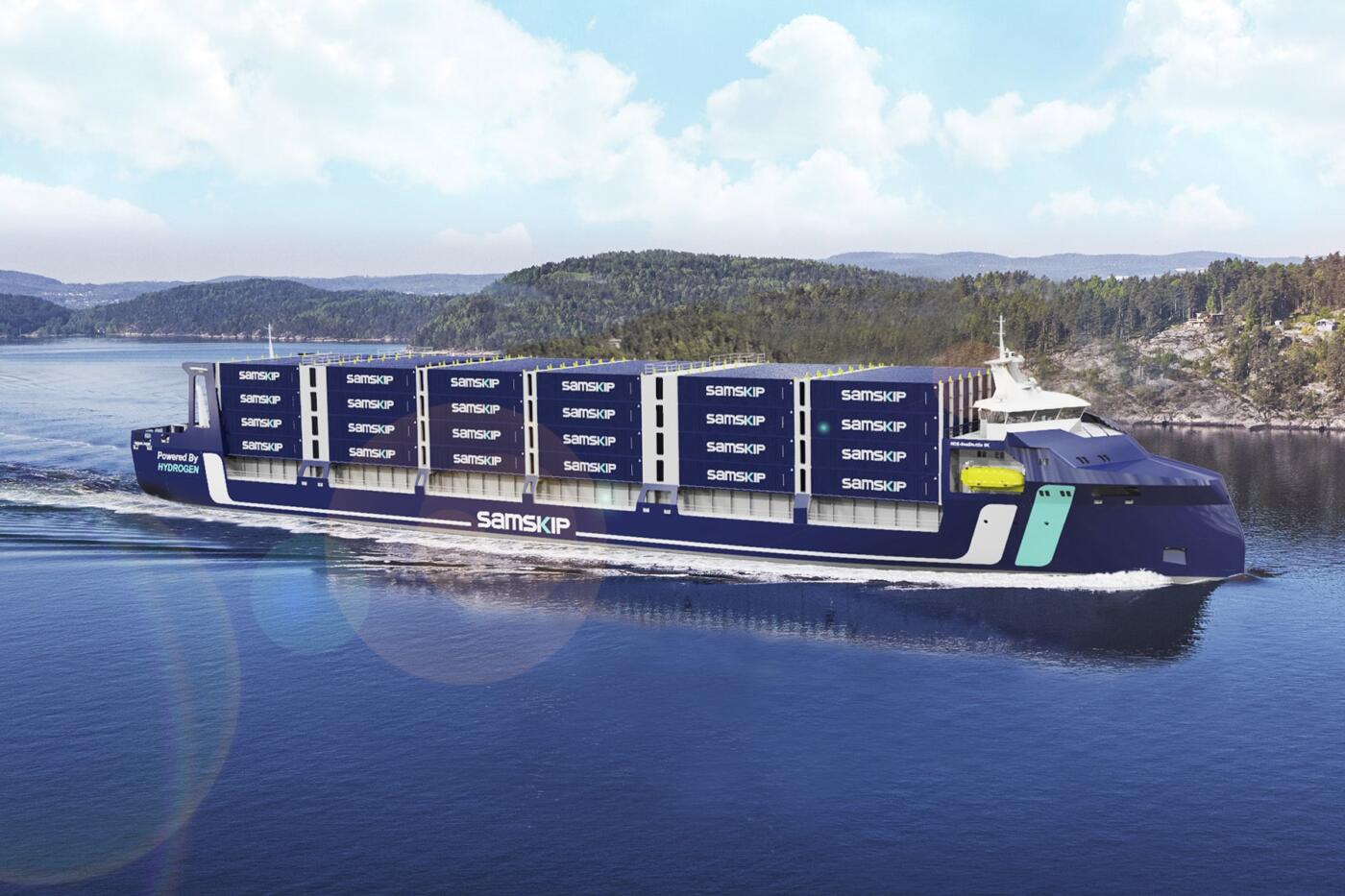In a concerted effort to propel the development of zero-carbon aviation, a new coalition named the Hydrogen in Aviation (HIA) alliance has been established in the United Kingdom. Comprising prominent players from the aviation and renewable energy sectors, including easyJet, Rolls-Royce, Airbus, Ørsted, GKN Aerospace, and Bristol Airport, this alliance believes that the UK possesses the ideal conditions to become a global leader in hydrogen-powered flight.
Hydrogen is increasingly recognized as a pivotal element in the decarbonization of aviation, crucial to various low and zero-emission aviation technologies. The UK’s extensive coastlines offer the potential for wind energy generation, a valuable resource for green hydrogen production. Additionally, Ørsted, a Danish multinational energy company and alliance member, has embarked on significant green hydrogen projects across Europe, including the UK.
Furthermore, the UK boasts world leadership in aviation, with Airbus being the largest aircraft manufacturer globally and Rolls-Royce developing cutting-edge aero-engine technology for various fuel types, including low and zero-emission fuels. GKN Aerospace, another aerospace giant in the alliance, serves over 90% of the world’s aircraft and engine manufacturers.
Bristol Airport’s proximity to the Airbus Zero Emission Development Centre (ZEDC), dedicated to advancing hydrogen technologies, adds another advantage. The airport has also announced partnerships related to hydrogen hubs.
Johan Lundgren, CEO of easyJet and the inaugural Chair of HIA, emphasized the urgent need for action, stating that the UK has the potential to boost its economy by £34 billion annually by 2050 through hydrogen aviation. Public support for hydrogen as the solution to decarbonizing aviation is strong, with 81% of the British population favoring hydrogen and 91% supporting government investments in hydrogen for aviation.
The urgency of decarbonizing aviation in the UK is underscored by the fact that, in 2019, more Britons traveled abroad than any other nationality. The recent energy security concerns arising from the Russian invasion of Ukraine have further highlighted the need to secure sustainable aviation as a strategic imperative.
The HIA alliance not only offers a pathway to carbon neutrality but also promises economic benefits in the form of job creation. The UK Department of Transport’s Jet Zero Strategy suggests that rapid investment in hydrogen aviation could generate 60,000 new jobs. In terms of hydrogen production in general, Hydrogen UK’s report predicts that it could contribute £18 billion to the gross value added (GVA) and fulfill up to 50% of the UK’s energy demand by 2050.
The HIA alliance has presented specific requests to the UK government. These requests focus on three key areas: supporting the development of necessary infrastructure, ensuring aviation regulations are hydrogen-ready, and transforming funding for hydrogen aviation research and development into a decade-long program. The alliance aims to collaborate closely with the government to expedite the realization of zero-carbon aviation.







